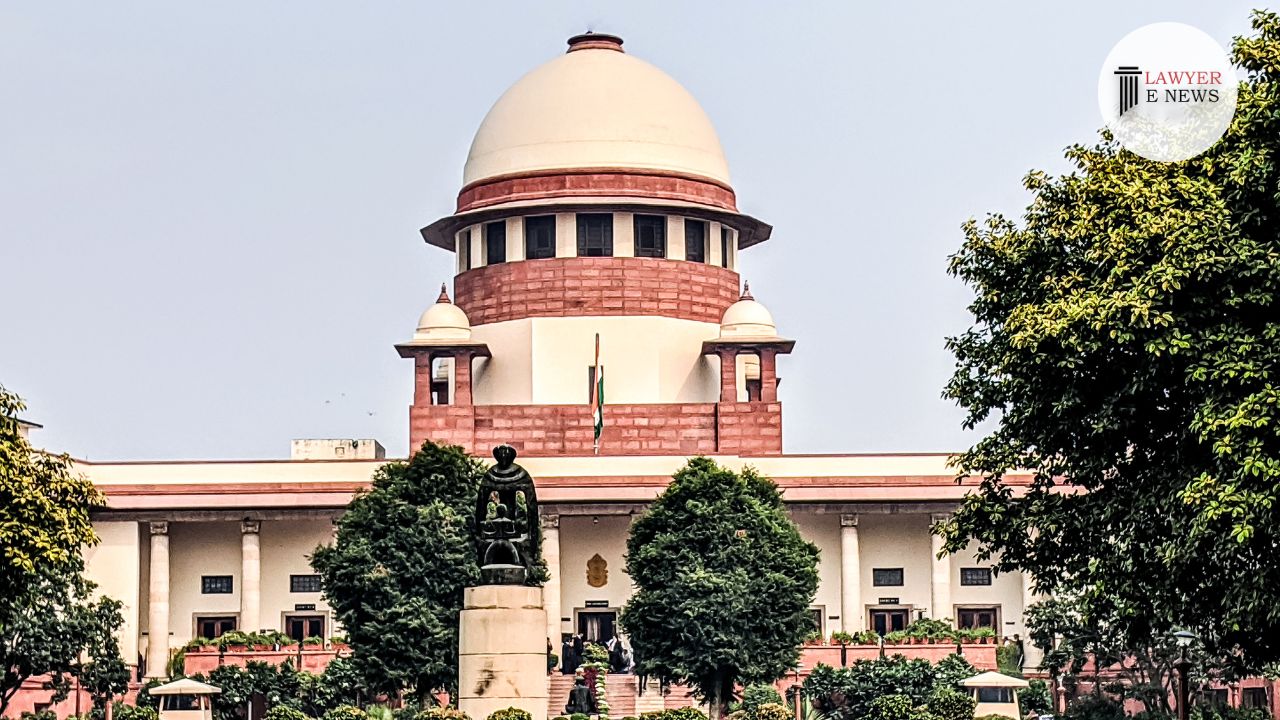-
by Admin
16 February 2026 4:21 AM



In a recent judgment, the Supreme Court of India upheld strict standards for motor insurance liability, emphasizing the burden of proof in cases involving the validity of a driver’s license. The verdict came in response to a Special Leave Petition filed by IFFCO Tokio General Insurance Co. Ltd., challenging the reversal of a Tribunal Award by the Delhi High Court.
The case revolved around a fatal motor vehicle accident that occurred in 2010 when a Tempo vehicle, driven recklessly, collided with a motorcycle, resulting in the tragic death of Dharambir. The dependents of the deceased sought compensation under the Motor Vehicles Act, 1988, leading to an award by the Motor Accident Claims Tribunal.
However, the insurance company contested liability, arguing that the driver of the Tempo vehicle possessed a fake driving license. The Tribunal had directed the insurance company to deposit the awarded amount with the right to recover it from the vehicle’s owners.
The dispute escalated to the Delhi High Court, which ruled in favor of the vehicle owners. The High Court’s decision hinged on the absence of a stipulation in the insurance policy or the law requiring the verification of a driver’s license.
The Supreme Court’s judgment reaffirmed key legal principles established in previous decisions. It emphasized that the burden of proof lies with the insurance company to establish a willful breach of policy conditions by the insured to absolve the insurer of liability.
In its ruling, the Court stated, “The mere possession of a fake driving license, per se, would not absolve the insurer.” The judgment highlighted the necessity for insurers to prove that the insured had been negligent in verifying the driver’s license before employment.
The Court’s decision, delivered by Justice SANJAY KUMAR, underscored the importance of evidence and due diligence in such cases. It criticized insurance companies for routinely raising unmerited pleas and pursuing appeals, potentially wasting valuable judicial resources.
This landmark judgment serves as a significant precedent, reiterating the need for insurers to meet the high burden of proof when contesting liability based on the validity of a driver’s license.
Date of Decision: 30 October 2023
IFFCO Tokio General Insurance Co. Ltd. VS Geeta Devi and others.
